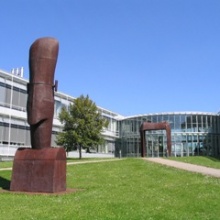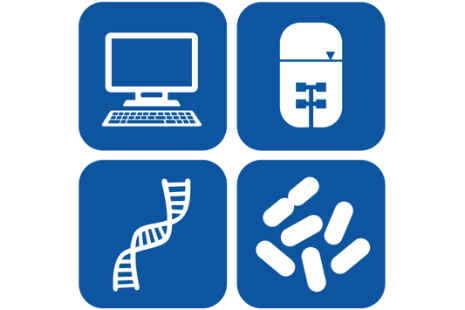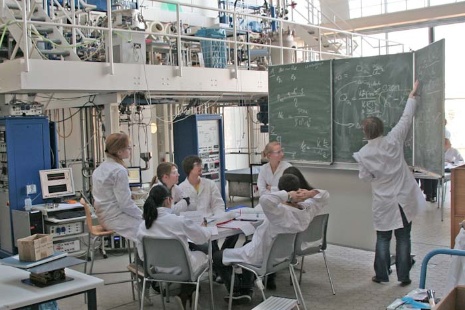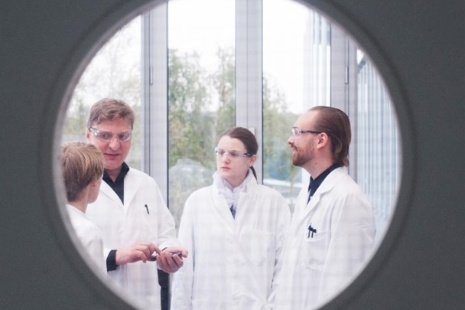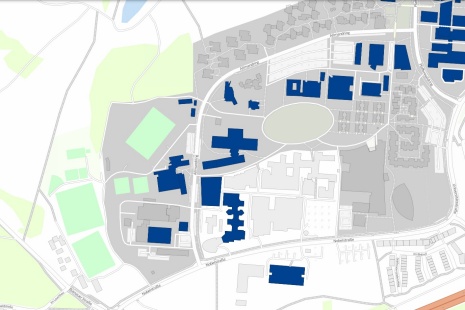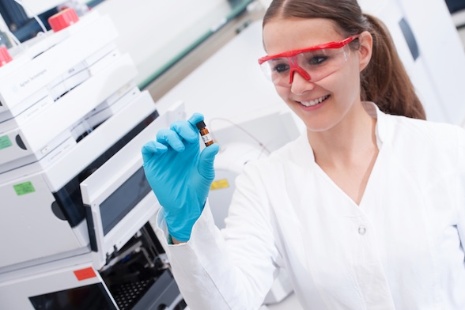Welcome at our Institute
What is our focus?
Research activities at the Institute of Biochemical Engineering (IBVT) focus on the development of strains and sustainable bioprocesses for the production of commodities, fine chemicals, materials, food additives, enzymes, biopharmaceutical components, and proteins. Bioproduction makes use of first, second, and third generation of substrates, namely carbohydrates, side- and residual process streams, and CO/CO2 containing offgas, respectively. Studies aim for the successful transfer from lab innovation to commercial production making explicit use of a profound, quantitative understanding of subcellular, cellular, and intercellular interactions. Activities consider isolated enzymes, cell free protein synthesis, microbial and mammalian cells.
Results are used to enable knowledge-based strain and biochemical engineering from the lab to the production scale. Wet- and dry lab tools are developed to ease strain and process development. As such, experiments and modelling are intertwined thereby opening the door to the production of novel products using newly created strains with optimized chassis.
Research at IBVT links conventional biochemical engineering approaches with the mindset of systems metabolic engineering and synthetic biology. Microbial cells such as Escherichia coli, Pseudomonas putida, Corynebacterium glutamicum, Clostridium ljungdahlii, Vibrio natriegens, yeasts such Saccharomyces cerevisiae, or mammalian cells such as Chinese hamster ovary are typically applied. IBVT offers fermentation capacities up to 300 L scale including downstream processing facilities. Profound metabolomics accompany bioprocess development.


